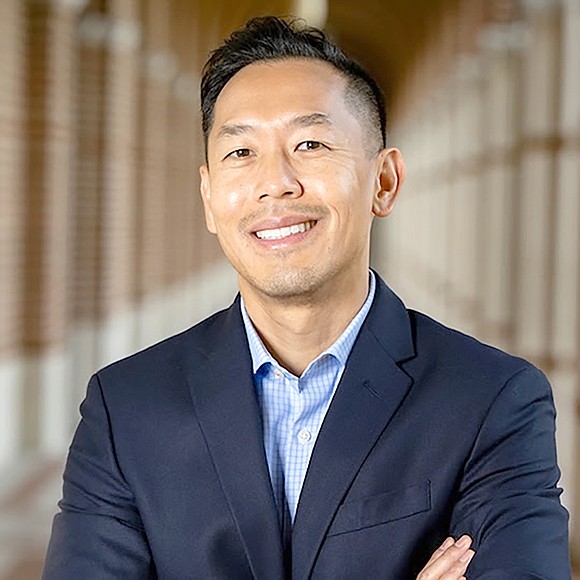Rice University Spearheads Groundbreaking NSF Workshop on Advancing Research Security
Francis Page Jr. | 4/17/2024, 5:08 p.m.
Rice University, in a groundbreaking partnership with the University of Houston, IPTalons, and the Society of Research Administrators International, is gearing up to host a landmark NSF-funded workshop aimed at reinforcing research security globally. This pioneering event, supported by the NSF's Office of the Chief of Research Security, Strategy and Policy, seeks to shape forward-looking laws, policies, and guidelines.
The exclusive, two-tiered workshop commences with a virtual session on Thursday, May 2, 2024, progressing to a face-to-face symposium on May 23-24 at the renowned Baker Institute for Public Policy. The convergence of top minds is a proactive response to the increasing challenge of safeguarding scientific research from international exploitation, with notable concerns regarding China and Russia.
Tam Dao, the assistant vice president for research security at Rice University and the event's principal organizer, emphasizes the urgency of bridging the knowledge gap that veils these critical issues from public discourse and to bolster the research community's trust.
Rice University's initiative aligns with the broader national interest, following the NSF's introduction of the Research-on-Research Security Program (RoRS) in compliance with the CHIPS and Science Act. This essential program, championed by the NSF, aims to fortify the integrity of research amidst global collaborations.
The Rice-hosted workshop promises a confluence of expertise spanning public and private sectors, encompassing fields from public policy to the STEM disciplines. This melting pot of knowledge will endeavor to dissect current challenges, ultimately sketching out a strategic blueprint for NSF's RoRS program's future trajectory.
Kenneth Evans, Baker Institute scholar and assistant director for innovation policy, highlights the workshop as a pivotal moment for scientists and administrators to influence national and international policy directly.
With the aim to craft a balanced policy environment that nurtures innovation while protecting research integrity, the workshop is anticipated to culminate in a strategic report. This report, detailing the workshop's findings and recommendations, will be disseminated widely for maximum impact.
For more details on this seminal event, visit the Baker Institute’s dedicated page on responsible collaboration and research security at their official website, go to: https://www.bakerinstitute.org/





